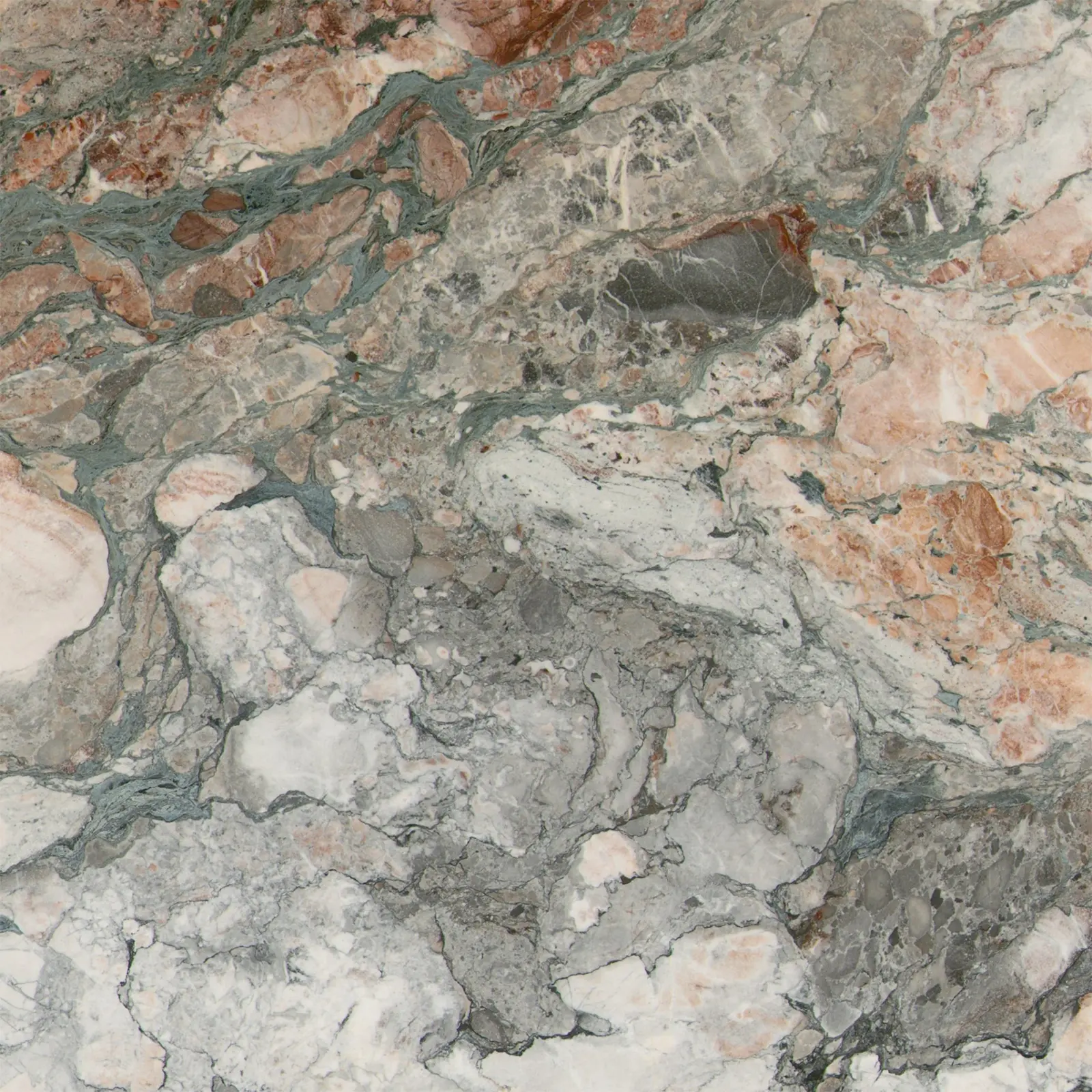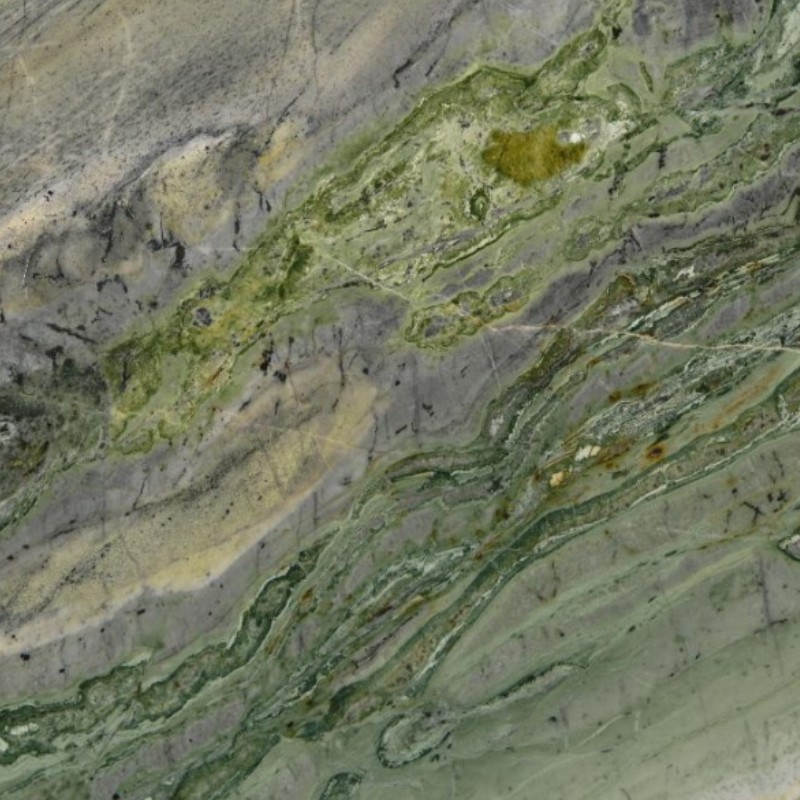As we step deeper into 2025, the landscape surrounding natural stone products such as Onyx Slabs continues to evolve, shaped not only by design trends and consumer preferences but also by dynamic regulatory frameworks aimed at promoting sustainability and responsible sourcing. For businesses and consumers alike, understanding the latest policies impacting Onyx Slabs is essential to make informed choices that balance aesthetic appeal, environmental stewardship, and market demands.
At Icestone, we are committed to navigating these developments with transparency and care, providing premium Onyx Slabs that meet the highest standards of quality and sustainability. This article explores the current policy environment affecting Onyx Slabs, key considerations for sourcing and use, and the opportunities ahead in this fascinating segment of natural stone.
Understanding the Regulatory Landscape for Onyx Slabs
In recent years, environmental regulations related to natural stone extraction, processing, and distribution have intensified globally. While Onyx Slabs are prized for their unique translucency and vibrant patterns, their production involves quarrying processes that require oversight to ensure minimal ecological disruption.
Environmental Compliance and Sustainable Quarrying
Governments and industry bodies increasingly emphasize sustainable quarrying practices to reduce the environmental footprint of stone extraction. Policies often mandate:
-
Strict land rehabilitation requirements after quarrying activities, ensuring that natural habitats are restored.
-
Limits on water usage and management to prevent resource depletion.
-
Control of dust and particulate emissions during cutting and polishing processes.
-
Responsible waste management protocols to minimize discarded material.
For Onyx Slabs, which come from delicate stone formations, sustainable extraction is particularly crucial to preserve the stone’s integrity and the surrounding environment. Compliance with these environmental policies is a growing expectation among suppliers and buyers in the global stone market.

Hot Selling Onyx Slabs
Trade and Import Regulations Impacting Onyx Slabs
International trade regulations also shape the movement of Onyx Slabs across borders. Increasingly, countries are requiring importers to demonstrate compliance with environmental standards, including certifications that attest to responsible sourcing and supply chain transparency.
Additionally, restrictions on carbon emissions and energy use during transportation are influencing logistics choices. Companies like Icestone are proactively adapting by optimizing supply chains to reduce carbon footprints, ensuring that our Onyx Slabs not only meet aesthetic and quality standards but also align with evolving policy requirements.
The Rise of Sustainability and Consumer Awareness in the Onyx Slabs Market
Consumer preferences have shifted dramatically over the past decade, with sustainability becoming a core consideration in purchasing decisions. This trend impacts the Onyx Slabs industry at multiple levels—from quarrying practices to the finished product’s lifecycle.
Extended Producer Responsibility (EPR) and Circular Economy Principles
While traditionally associated with plastics and packaging, the concept of Extended Producer Responsibility (EPR) is beginning to influence the stone industry. Under EPR frameworks, producers are encouraged or required to take accountability for the environmental impacts of their products throughout their lifecycle.
For Onyx Slabs, this means:
-
Implementing recycling or repurposing initiatives for stone offcuts and waste.
-
Designing products and services that extend the usability of slabs, such as offering restoration or refurbishment.
-
Reducing energy consumption and waste during fabrication.
The integration of circular economy principles aligns well with the natural durability and timeless appeal of Onyx Slabs, enabling longer use cycles and reducing the demand for new quarrying.
Eco-Certifications and Transparency
The demand for eco-certified stone products is growing. Certifications such as Natural Stone Sustainability Standard (ANSI/NSC 373) help buyers verify that Onyx Slabs come from operations committed to sustainable management, including social responsibility and environmental protection.
Icestone prioritizes working with certified quarries and transparent supply chains, ensuring that our Onyx Slabs meet these rigorous standards and provide customers peace of mind.
Innovations in Fabrication and Design: Enhancing the Appeal of Onyx Slabs
Technological advancements are driving exciting innovations in how Onyx Slabs are fabricated and incorporated into architectural and design projects.
Digital Cutting and Precision Engineering
Modern CNC machines and laser cutting technologies allow for precise shaping and detailing of Onyx Slabs, reducing waste and enabling complex designs that maximize the stone’s natural beauty. This precision supports sustainable goals by minimizing material loss and energy use.
Enhanced Lighting and Backlit Applications
One of the most distinctive features of Onyx Slabs is their translucency, which designers use creatively in backlit panels, countertops, and wall claddings. Advances in LED lighting and panel mounting systems have expanded the possibilities for innovative applications, making Onyx Slabs a focal point in luxury interiors.
Economic and Market Trends Affecting Onyx Slabs in 2025
The market for Onyx Slabs remains robust, driven by growing demand in residential, commercial, and hospitality sectors. However, price volatility, supply chain disruptions, and regulatory compliance costs are important factors influencing the industry.
Supply Chain Challenges and Resilience
The stone supply chain is sensitive to geopolitical shifts, transportation costs, and regulatory changes. Many companies, including Icestone, are investing in diversified sourcing strategies and closer partnerships with quarries to ensure consistent supply of quality Onyx Slabs despite these uncertainties.
Pricing Dynamics and Consumer Value
While Onyx Slabs are considered premium products, consumers today are increasingly value-conscious. Providing transparent information about sourcing, sustainability, and craftsmanship adds value and strengthens customer trust.
Icestone’s commitment to excellence and ethical practices enables us to offer competitive pricing balanced with environmental responsibility, ensuring our clients receive lasting beauty and confidence in their purchases.

Onyx from China
Policy Considerations: Navigating Compliance and Opportunity
To successfully operate in the current climate, companies dealing with Onyx Slabs must stay informed about ongoing and upcoming regulations, both domestic and international.
Key Policy Areas to Watch
-
Environmental Impact Assessments (EIA): Requirements for quarry expansions or new operations.
-
Water Usage Restrictions: Increasingly stringent limits may impact stone processing.
-
Waste Management Laws: Enhanced controls on stone dust and slurry disposal.
-
Trade and Import Tariffs: Potential changes due to geopolitical developments.
-
Sustainability Reporting: Mandatory disclosure of environmental performance in some regions.
Staying proactive in compliance not only avoids penalties but can position companies like Icestone as leaders in responsible stone supply.
Collaboration with Industry and Government Bodies
Active engagement with industry associations and policymakers is vital. Collective efforts help shape balanced regulations that support sustainable development without stifling innovation or economic growth. Icestone participates in such dialogues to ensure our perspectives and customer interests are well represented.
The Role of Innovation in Promoting Sustainable Onyx Slabs
Technological progress is instrumental in advancing the sustainability profile of Onyx Slabs from quarry to installation.
Water Recycling and Energy Efficiency
Innovations in water recycling systems during cutting and polishing operations drastically reduce freshwater consumption and wastewater discharge. Similarly, adopting energy-efficient machinery and renewable energy sources helps lower the carbon footprint of Onyx Slabs fabrication.
Waste Minimization and Upcycling
New approaches in utilizing stone offcuts—such as creating smaller decorative tiles, mosaics, or even composite materials—contribute to waste reduction and add product diversity.
Market Opportunities for Sustainable and Certified Onyx Slabs
The intersection of policy, innovation, and consumer preference opens new avenues for growth in the Onyx Slabs market.
Premium Segments and Custom Projects
Luxury and bespoke design projects increasingly demand high-quality, environmentally responsible materials. Offering certified Onyx Slabs with transparent sustainability credentials can be a decisive advantage in these sectors.
Green Building Certifications
Participation in projects seeking LEED, BREEAM, or similar certifications often requires documentation of sustainable material sourcing. Providing certified Onyx Slabs helps builders and architects meet these green building goals.
The Future Outlook for Onyx Slabs
As 2025 progresses, the Onyx Slabs industry faces the dual challenges of rising demand and the imperative for sustainability. Companies that embrace responsible sourcing, invest in innovation, and maintain compliance with evolving policies will lead the market.
Icestone stands ready to meet these challenges with a commitment to quality, transparency, and environmental stewardship, delivering Onyx Slabs that inspire while respecting our planet.

Onyx Slabs
Embracing Responsibility and Opportunity with Onyx Slabs
In conclusion, the world of Onyx Slabs is at a transformative juncture. The evolving policy environment encourages more sustainable quarrying, processing, and distribution practices that safeguard natural resources and support a circular economy. For suppliers and consumers, understanding and embracing these changes fosters a future where beauty and responsibility go hand in hand.
At Icestone, we believe that Onyx Slabs are not just building materials but lasting works of nature that deserve careful stewardship. By choosing sustainably sourced, certified slabs, and supporting innovation in fabrication and waste reduction, we collectively contribute to a more sustainable stone industry.
Looking ahead, the collaboration among government bodies, industry leaders, designers, and consumers will be essential to ensure that Onyx Slabs remain a symbol of elegance and environmental harmony. Through continued commitment to best practices, Icestone is proud to be part of this journey, delivering premium Onyx Slabs that meet the highest standards of beauty, quality, and sustainability.
We invite you to explore our collection and join us in shaping a responsible and inspiring future for natural stone. Visit us at https://www.icestone.com/ to learn more.
Feature Product
-
 Four Season Grey Natural Marble Slabs and Tiles
Four Season Grey Natural Marble Slabs and TilesThe Charm of Four Season Pink Good size for ...
-
 Panda Green White Luxurious Quartzite Stone
Panda Green White Luxurious Quartzite StoneArtistic Conception Like moonlight piercing ...
-
 Vivid Brilliant Natural Marble of Prague Green
Vivid Brilliant Natural Marble of Prague GreenHow to pack and load ? 1. Fumigated wooden b...




